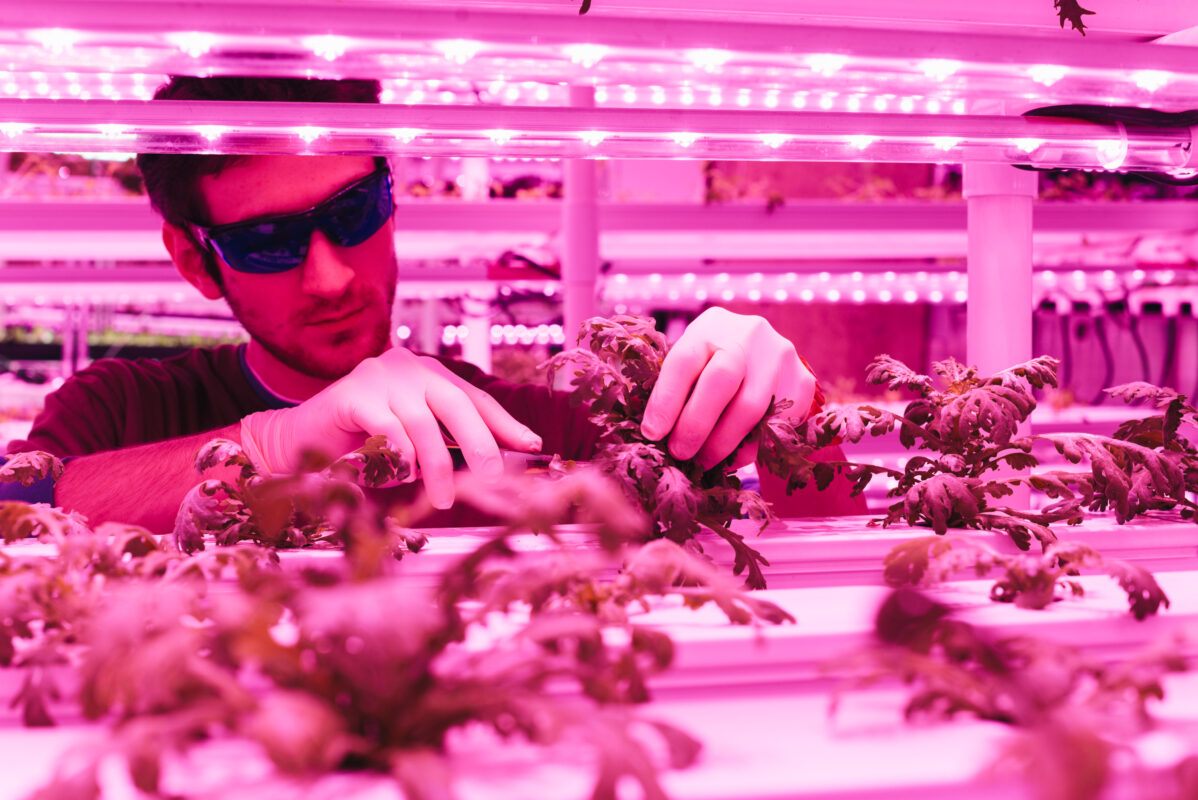In today’s agriculture, innovation is more crucial than ever. Labor shortages, increased supplier prices, and expanding customer demands for sustainability and transparency are all providing significant challenges for the entire agricultural business.
Agricultural technology such as controlled environment agriculture, motorized or automated equipment, biotechnological approaches have advanced agriculture and had a favorable impact on farming and food production. Reduced pesticide, fertilizer, and water use keep food costs low while also reducing pollution and having a favorable influence on natural ecosystems.
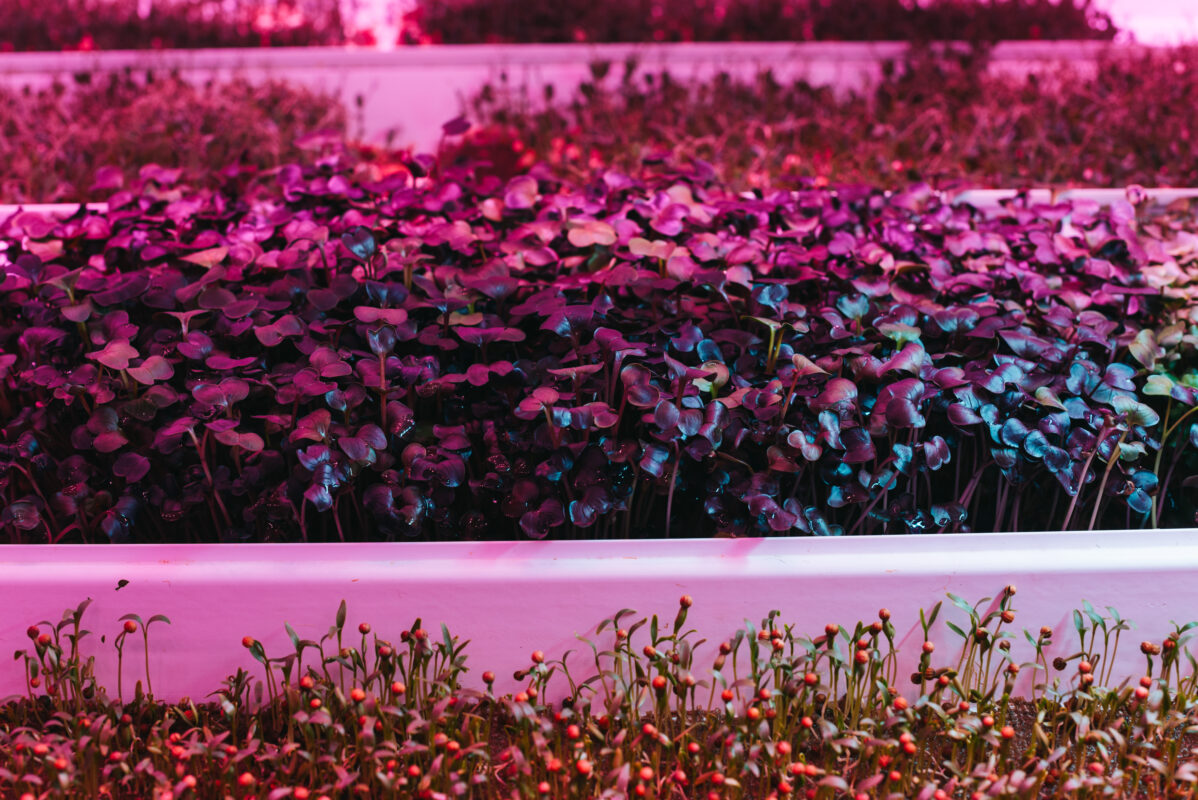
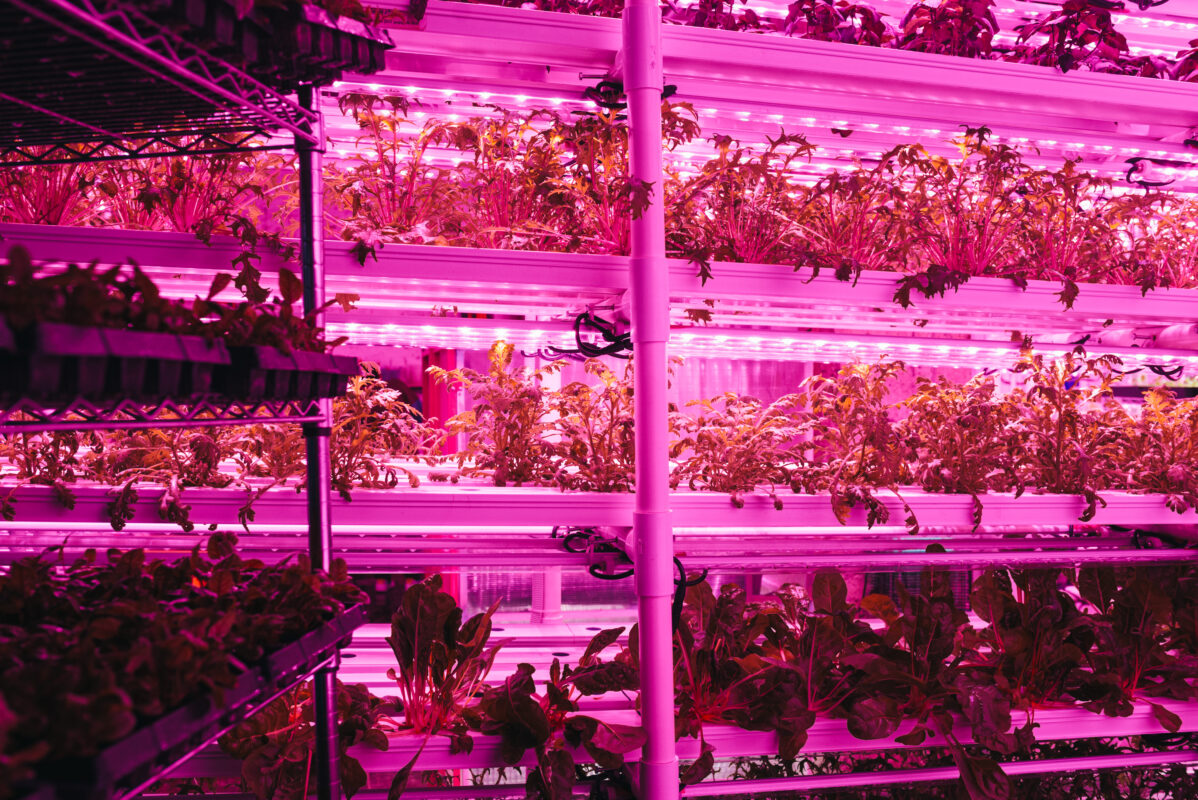
Agriculture integrated with modern technology has a number of positive outcomes.
How advanced technologies might help farmers:
1. Using a smartphone to monitor and regulate agriculture irrigation systems
Crop irrigation systems can be monitored and controlled with the use of mobile technology.
Instead of traveling to each field, a farmer can use the current technology to handle his irrigation equipment from a phone or computer.
2. Sensors for Crops
Crop sensors help in the efficient application of fertilizers, maximizing absorption. They can detect how your crop is feeling and limit the risk of leaching and discharge into groundwater.
Rather than developing a prescription fertilizer map before going out to apply it, crop sensors tell application equipment how much is needed to apply.
Optical sensors can detect how much fertilizer a plant requires based on the amount of light reflected in the sensor.
3. Growing crops all year round using Controlled Environment Agriculture (CEA)
By adopting a controlled environment system, vertical farms grow fresh, pest-free crops all year round. Plants are shielded from the outside environment in vertical farms, and staff takes precautions to avoid pest infestations that could harm the crops. Controlled environment systems are often associated with vertical farming, although they can also be employed in horizontal farming. Oxygen, temperature, carbon dioxide, lighting, nutrient content, humidity, pH, irrigation, pest management, and harvesting are all monitored using smart sensors in vertical farms.
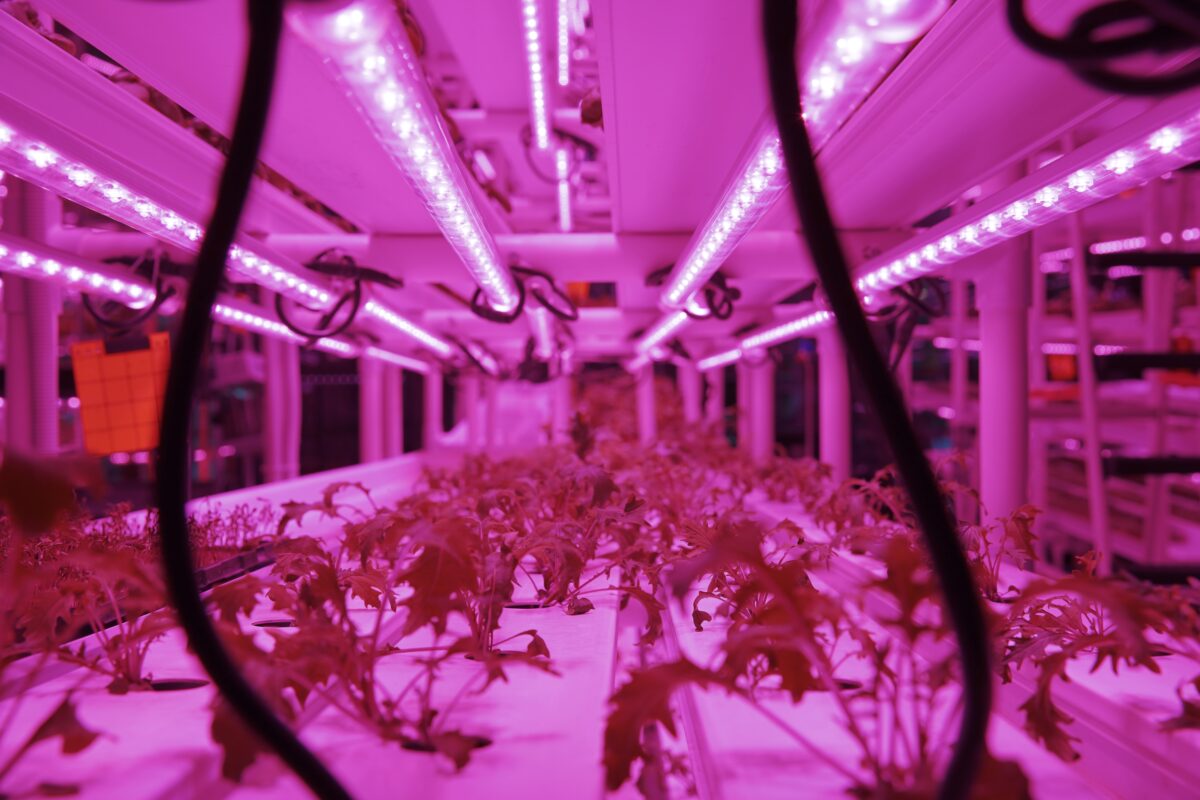
We can offer fresh greens within hours of harvesting at SpaceFarms thanks to advanced technologies, such as ventilation, precise heating, and air conditioning, which give us full environmental control. We create ideal conditions for growing fresh, pesticide-free, high-quality produce by controlling CO2 emissions, fertilizer input, water recycling, lighting brightness, temperature and humidity sensors, and intensity.
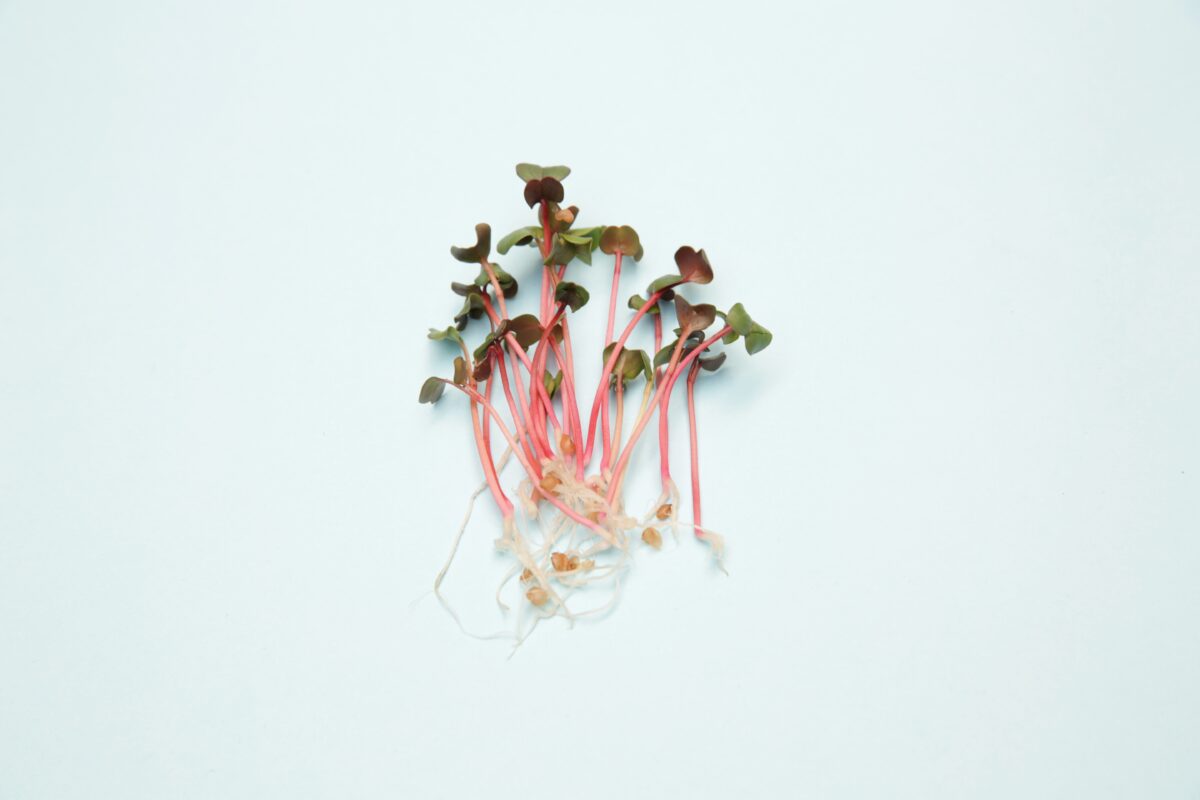
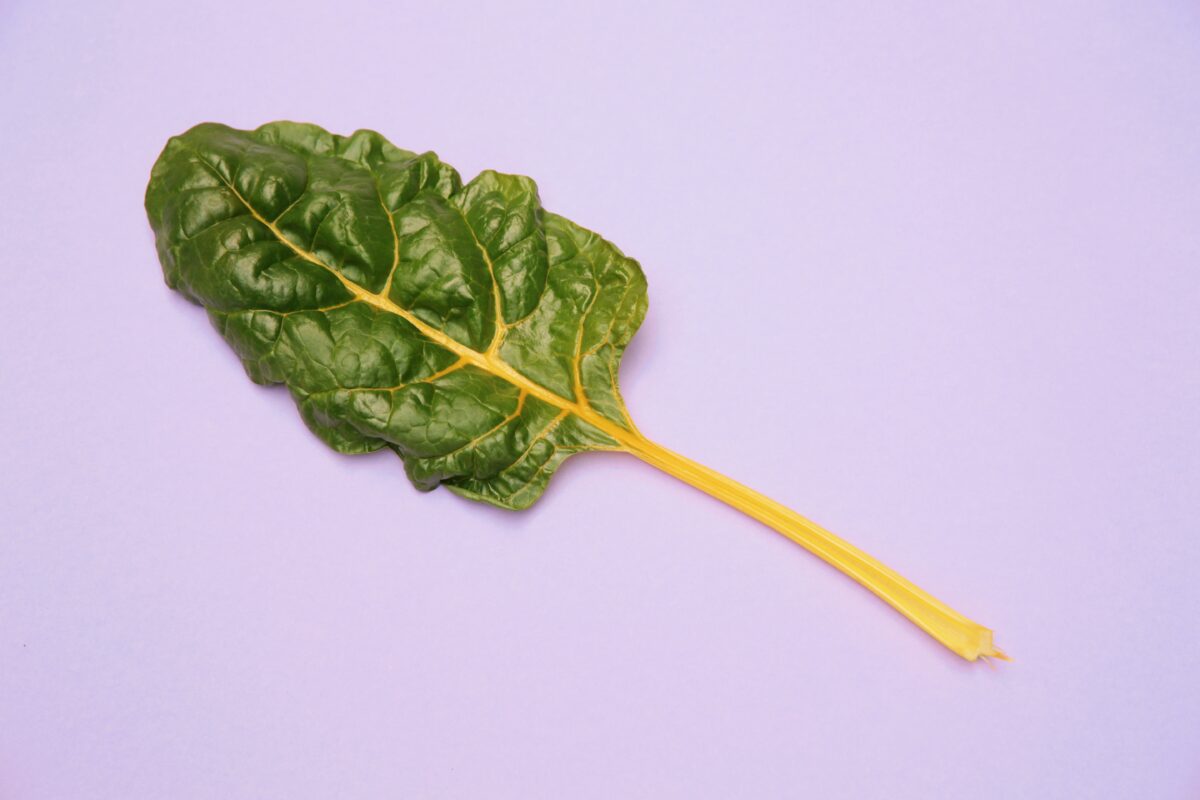

 Eng
Eng Geo
Geo